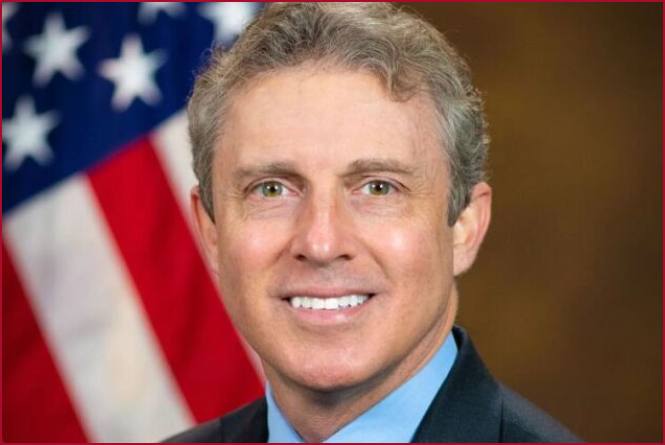The head of the U.S. Office of Special Counsel (OSC), Hampton Dellinger, has urged the U.S. Supreme Court to uphold a lower court’s order temporarily barring President Donald Trump from removing him from his position.
Dellinger argues that allowing his ouster would significantly weaken whistleblower protections at a critical time for federal employees.
Dellinger’s filing, submitted Tuesday, February 18, 2025, comes after Trump petitioned the Supreme Court on Sunday to intervene in his broader campaign to remove federal officials who do not align with his administration’s policies.
Trump specifically asked the Court to lift a temporary restraining order (TRO) that prevents him from firing Dellinger for 14 days.
Dellinger: Firing Would Be a “Serious Blow” to Federal Oversight
“This would be an especially unfortunate moment at which to weaken the OSC, given the historic upheaval currently occurring within federal employment and the continued importance of ensuring that whistleblowers are guarded from reprisal,” Dellinger argued in court papers.
The OSC plays a pivotal role in investigating federal whistleblower complaints and protecting government employees from political retaliation.
Dellinger’s attorneys contend that his removal would disrupt oversight mechanisms that are crucial amid ongoing political shifts within federal agencies.
Lower Court Rulings Keep Dellinger in Place—for Now
The legal battle escalated over the weekend after a divided federal appeals court rejected the Trump administration’s request for immediate intervention, ruling that an appeal at this stage would be premature.
The D.C. Circuit Court of Appeals ruled that allowing the administration to appeal the TRO before a full trial court ruling would be a “sharp departure” from normal judicial procedures. The majority opinion was issued by two judges appointed by Democratic presidents, while a Republican-appointed judge dissented.
Trump’s legal team, led by acting Solicitor General Sarah Harris, has criticized the lower court’s ruling, arguing that the Supreme Court should not allow lower courts to dictate executive power.
“The justices should not allow lower courts to seize executive power by dictating to the president how long he must continue employing an agency head against his will,” Harris wrote in Sunday’s Supreme Court filing.
Implications for Federal Appointments and Executive Power
The case, Bessent v. Dellinger (24A790), could have far-reaching implications for the scope of presidential authority over federal agency heads. If the Supreme Court sides with Trump, it could set a precedent allowing presidents greater power to remove independent agency officials without procedural delays.
Conversely, if the Court upholds the block on Dellinger’s firing, it could reinforce protections for federal officials in oversight roles, particularly those responsible for whistleblower protections and government accountability.
The Supreme Court has yet to indicate whether it will grant Trump’s request. The decision could come within days, given the time-sensitive nature of the dispute.

